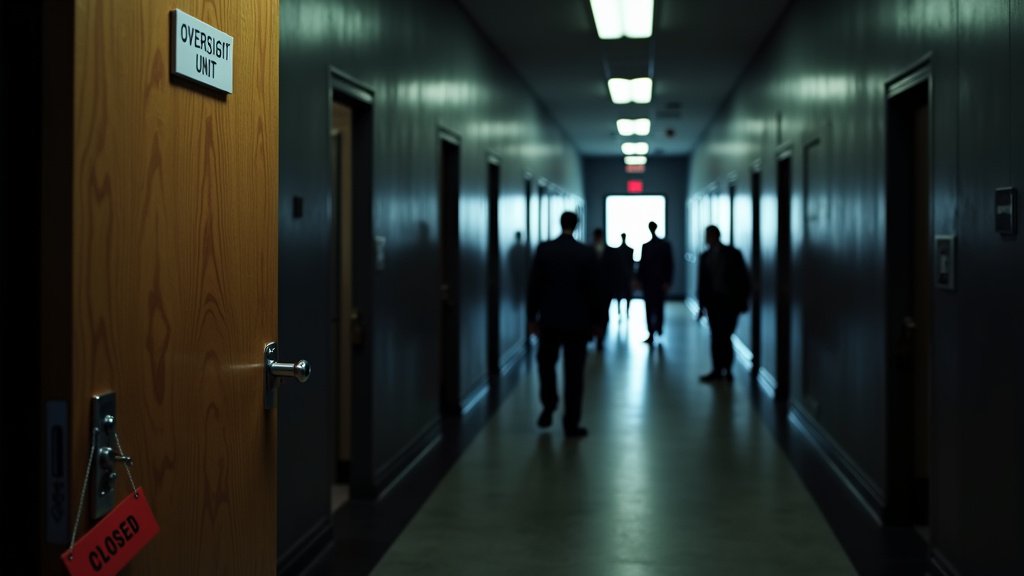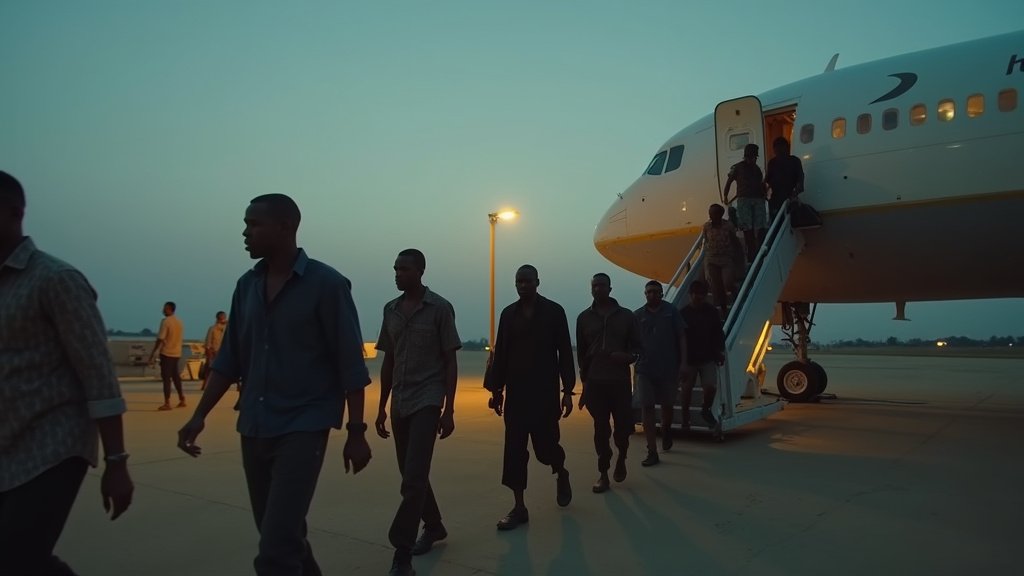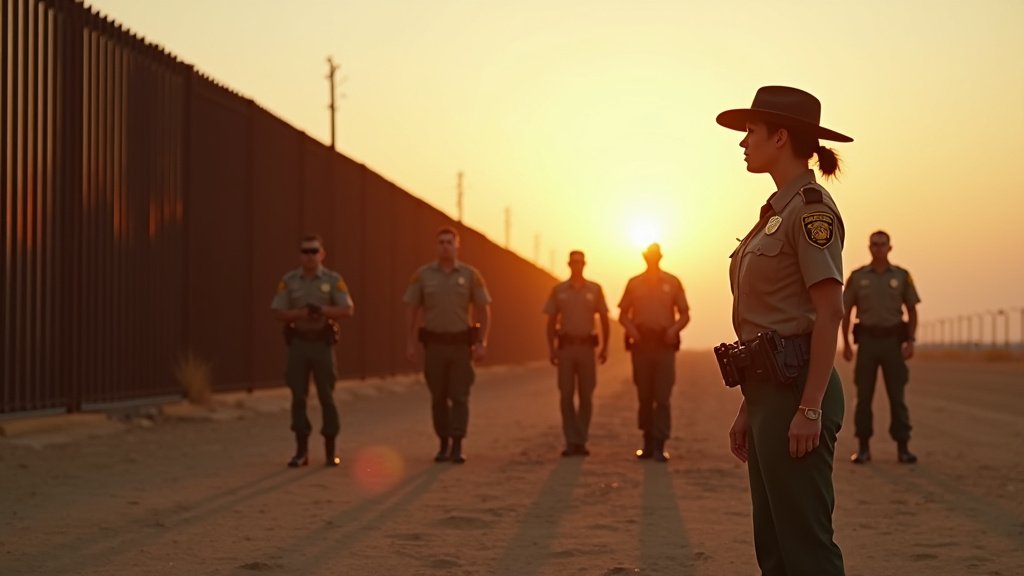The Trump administration is reportedly intensifying its control over its deportation agenda through a series of measures that critics argue significantly restrict oversight and accountability. These actions include limiting congressional visits to immigration detention facilities, dismantling a dedicated family reunification task force, and closing three key oversight units within the Department of Homeland Security (DHS).
Congressional Oversight Under Fire
A significant point of contention is the new policy mandating a seven-day notice period before members of Congress can visit Immigration and Customs Enforcement (ICE) facilities. This policy has drawn a sharp rebuke and legal challenge, with twelve members of Congress filing a lawsuit to contest the restrictive measure. The lawsuit highlights concerns that this seven-day requirement effectively hampers the ability of lawmakers to conduct timely and meaningful oversight of detention conditions.
Defunding Oversight and Reunification Efforts
Further complicating the oversight landscape, pending House legislation proposes to defund the Office of the Immigration Detention Facilities Oversight (OIDO). The OIDO holds crucial jurisdiction over both ICE and Customs and Border Protection (CBP) detention facilities, making its potential defunding a serious blow to independent scrutiny. In addition to targeting the OIDO, the same legislative package aims to defund a federal task force specifically created to reunite families separated at the border. This move signals a potential rollback of efforts to address one of the most contentious aspects of the administration’s immigration policies.
Widespread Reports of Poor Conditions
These administrative actions come against a backdrop of persistent and widespread reports detailing mistreatment within ICE facilities. Allegations include severe overcrowding, critical shortages of food, inadequate medical care, and unsanitary living conditions. Such reports have fueled ongoing public concern and criticism regarding the treatment of individuals in immigration custody.
Tragic Toll in Custody
The human cost of these conditions is underscored by a grim statistic: at least 11 individuals have died while in immigration custody during the second Trump administration. These fatalities add a somber dimension to the ongoing debate surrounding immigration detention practices and the effectiveness of existing oversight mechanisms. The administration’s efforts to restrict access and consolidate control over its deportation agenda are being closely watched as these challenges unfold, making this a significant trending topic in US border news.
Future of Immigration Detention Scrutiny
The legal challenge and legislative proposals represent a critical juncture for the future of immigration detention oversight in the United States. As lawmakers and advocacy groups push back against what they describe as an erosion of transparency and accountability, the administration’s approach to its deportation agenda faces increasing scrutiny. The outcomes of these challenges could have lasting implications for the treatment of migrants and the oversight of federal immigration enforcement agencies.






